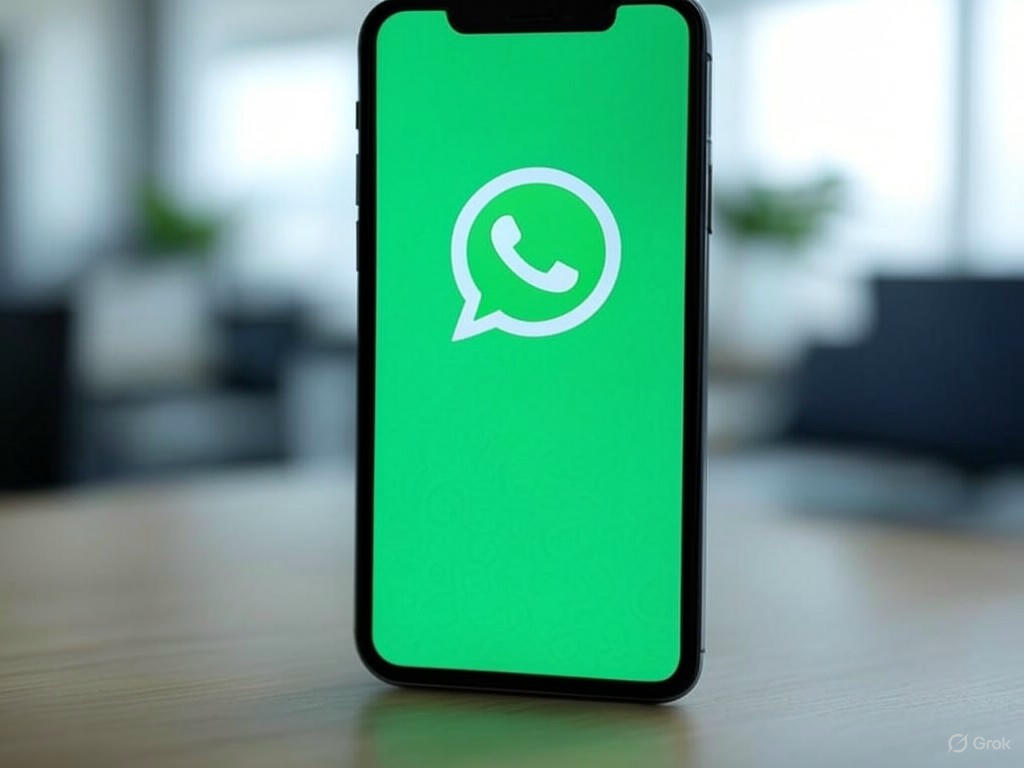In a bold move that underscores the growing tension between tech giants and government authorities, WhatsApp has publicly supported Apple in its ongoing legal dispute with the UK government over user data access. This clash, centered on privacy rights versus national security, has sparked a global debate about the boundaries of governmental power in the digital age. WhatsApp, a leading messaging platform known for its end-to-end encryption, has warned that the UK’s demands could undermine user trust and set a troubling standard for data privacy worldwide.
The UK government has been pushing for tech companies to provide access to encrypted communications as part of its efforts to combat crime and terrorism. Under proposed legislation, authorities could compel firms like Apple to create backdoors in their systems, allowing officials to bypass encryption and access private messages or data. While the intent is to enhance security, critics argue that such measures could expose users to significant risks, including data breaches and misuse by malicious actors. WhatsApp, in aligning with Apple, has emphasized that weakening encryption for one entity inevitably weakens it for all, creating vulnerabilities that could be exploited globally.
This isn’t the first time tech companies have found themselves at odds with governments over privacy issues. Apple has a history of resisting similar demands, most notably in 2016 when it refused to unlock an iPhone for the FBI in the United States. WhatsApp, owned by Meta, shares a similar commitment to protecting user data, often citing encryption as a cornerstone of its service. By joining forces, the two companies are sending a clear message: privacy is non-negotiable, even in the face of governmental pressure. Their stance has garnered support from digital rights advocates who fear that conceding to such demands in the UK could embolden other nations to follow suit, eroding privacy protections worldwide.
The implications of this legal battle extend far beyond the UK’s borders. If the government succeeds in enforcing its data access requirements, it could inspire similar policies in other countries, potentially leading to a fragmented internet where user rights vary drastically by region. For businesses like WhatsApp and Apple, this poses not only an ethical dilemma but also a logistical challenge, as they strive to maintain consistent security standards across markets. Moreover, public trust in these platforms could waver if users perceive their data as vulnerable to government overreach.
As the dispute unfolds, the tech industry watches closely, aware that the outcome could redefine the relationship between innovation and regulation. WhatsApp’s decision to back Apple signals a unified front among major players, highlighting their resolve to safeguard user privacy. While the UK government argues its case on the grounds of public safety, the broader question remains: at what cost does security come? For now, the battle lines are drawn, and the world awaits a resolution that could shape the future of digital privacy for years to come.
